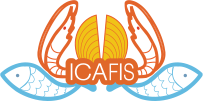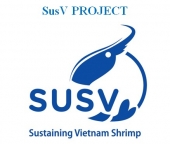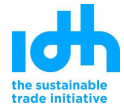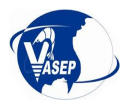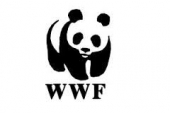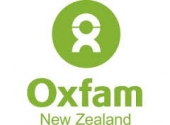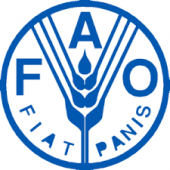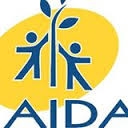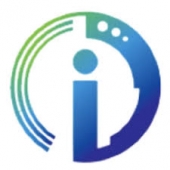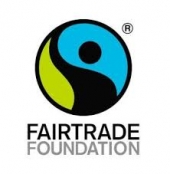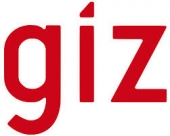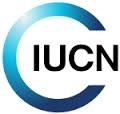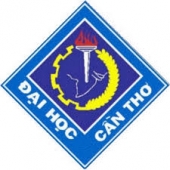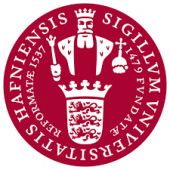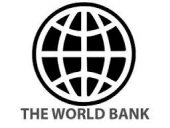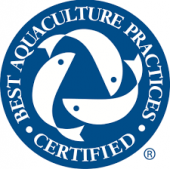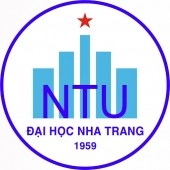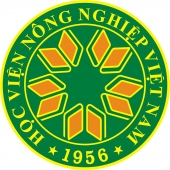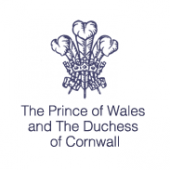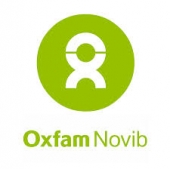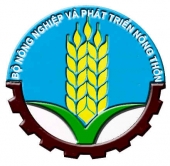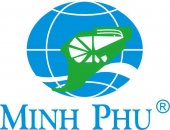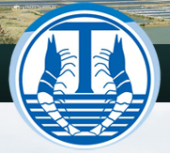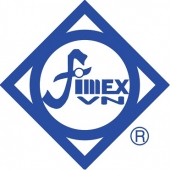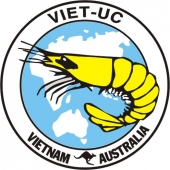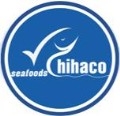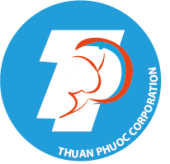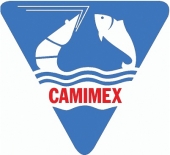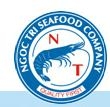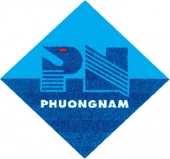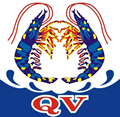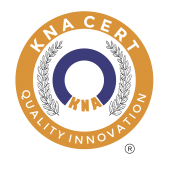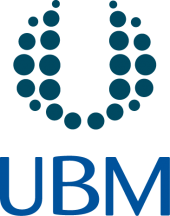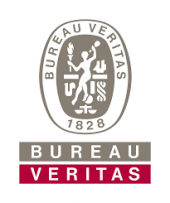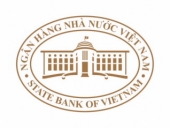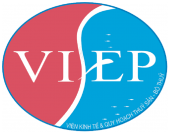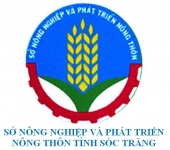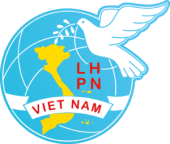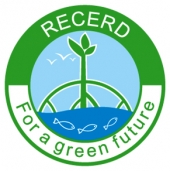Project title: Sustainable and Equitable Shrimp Production and Value Chain Development in Vietnam
Location(s): Vietnam: Mekong Delta region, focussed mainly on the provinces of Soc Trang, Bac Lieu and Ca Mau
Period: 48 months, 2015 -2019
Name of the applicant: Stichting Oxfam Novib
Nationality of the applicant: International Collaborating Centre for Aquaculture and Fisheries Sustainability (ICAFIS)
The Action envisions a multi-stakeholder approach (including public, private, NGOs and civil society stakeholders) for the development of the shrimp value chain through the application of sustainable standards, improved production efficiencies as well as scaling up effective access to finance. The Action will enable a substantial scale up of the activities of OXFAM with its Vietnamese partner, ICAFIS, at national and global levels. The Action contributes directly to the realization of the objectives and principles of the 10 year framework program (10YFP), focussing on the Sustainable Food program, specifically contributing to: resource efficiency in the food sector, Waste Management, Life cycle approach, Cleaner supply chains.
The Action specifically aims to reduce negative impacts on biodiversity and water sources. In addition, it will increase resources efficiency (water, energy and feed), ensure sustainable livelihoods and improve the economic condition of SME shrimp processor and small scale shrimp producers especially women. At the same time, through responsible standards compliance, the Action improves labour and working conditions, especially for female workers. The Action will introduce easily replicable solutions that can be adopted by other actors and sectors. Shrimp is an important livelihood source to over 1 million people in Vietnam, from which more than 80% are small scale producers. The Action will focus mainly on the 3 provinces in the Mekong Delta (Ca Mau, Soc Trang and Bac Lieu), together these provinces contribute to 93% of Vietnam’s shrimp production area and 84.4% of the yields. Developments in these provinces are crucial for the overall development of the sector in Vietnam and influence policy development at the National level. In line with the specific objectives mentioned in the Concept Note and with relevant methodology of scientific-based and traditional knowledge-based approaches, the Action will employ a holistic approach that promotes solutions, aiming to address all challenges in the value chain simultaneously
The Overall Objective of this Action is: Contribute to sustainable economic prosperity and poverty reduction in Vietnam through improving social and environmental impacts of shrimp production and processing.
This will be realized through a combination of technical support, capacity building, training/coaching on better business management, policy influencing and enforcement, awareness raising, increasing negotiation skills, Life Cycle Assessment and working towards compliance to sustainability standards. The four Specific Objectives of this Action are closely interlinked and lead to a sustainable outcome with benefits for small scale shrimp producers, SME shrimp processor, surrounding community members and consumers. This Action will result in efficient resources utilisation, responsible production supply chains and practices, improved social and environmental condition and reduced waste. The Action is fully in line with the priorities of Lot 2: “Micro, small and medium enterprises support for Sustainable Consumption Production (SCP) uptake and access to finance”.
Specific Objective 1: Participatory Social Impact Assessment (p-SIA) and Biodiversity Environment Impact Assessment (B-EIA) criteria of Aquaculture Stewardship Council (ASC) standards will be adopted by shrimp producers and CSR norms are practiced by shrimp processors, to minimise the social and environmental footprint of commercial aquaculture.
The Action promotes the adoption of sustainable production. This will be evidenced by the value chain actors adhering to certification criteria. Lack of understanding on the criteria and a lack of practical knowledge/experience are identified as major obstacles. With an expected increase in demand from the EU market and with tax incentives as a result of the expected Free Trade Agreement between Vietnam and EU (expected to be signed in 2015), compliance would be key to ensure an increased market-share in the EU where compliance to eco-label standards are increasingly requested. The Action aims to improve that understanding and give guidance on how to meet the standards, contributing directly to better social and environmental conditions. The Action will broker partnerships between target groups and certifying bodies.
Specific Objective 2: Vietnamese small scale shrimp producers and SME shrimp processors have access to adequate finance and improved production efficiency.
Experience shows that producers and processors lack resources to make the necessary investments. Accessing loans from banks and the Government’s credit scheme for value chain development is an option but comes with a lot of requirements that are not easily met and often not fully understood. This issue is addressed from three levels. Firstly the Action will influence the Governments policy on value chain development (including the loan criteria to be applied) under SO 4 /Result 5. Secondly, the Action will support the producers and processors with the loan application (Result 3). For this the Action will help producers and processors to develop responsible business models. Thirdly, the Action identifies and pilots innovative solutions to diversify financial resources for long term shrimp development (including Trust Funds and, ESCO financing). Efficient use of resources is important to reduce the value chain’s footprint, reduce production cost and increase safety. The application of appropriate management behaviour (feed efficiencies, energy behaviour of staff, affordable environmentally-friendly technologies to improve water pump and dissolved oxygen aerator systems) will help shrimp producers to enhance product quality and reduce water and energy consumption (R2). For this the Action will facilitate the increasing uptake of Life Cycle Assessment (LCA). Simultaneously, these improvements will reduce costs and reduce harvest failure rates, and so will increase the attractiveness of these SMEs to potential investors.
Specific Objective 3: Small scale shrimp producers are empowered to have a stronger voice in negotiation with other actors in the value chain.
The small scale shrimp producers are not organised sufficiently to improve their negotiation position in the market and with other actors in value chain. Individual negotiation practises of the producers making them the weakest actors in the chain. The Action helps small scale producers and collectors to become organised, so that they can work jointly on sustainable value chain development and can demand better conditions. This includes options for contract farming, sourcing contracts, add-on conditions, agreements on quality disputes, delivery costs, risk sharing etc. Well-organised producer groups will benefit small scale shrimp producers in knowledge sharing on sustainable production and collective voice raising to influence SME processors’ and government’s policies. In the market, collectors (middle men) are a necessity to bring producers together to meet huge collective quantity requirements of processors as well as link producers and processors. Since the collectors/middle man provide important access to the market, the Action will engage middle-men in collective negotiation platforms. The empowerment of small scale shrimp producers also brings benefit to SME shrimp processors, with improved quality, safety, traceability and better organised planning.
Specific Objective 4: Government’s credit policies targeting aquaculture/ shrimp producers are promoting SCP and are designed effectively to support the development of the shrimp value chain.
The Vietnamese Government has a number of policies that stimulate aquaculture. At present, the implementation is ineffective due to inadequate participation of and consultation with key stakeholders (including the producers and processors) in the design phase. This is a crucial challenge since the criteria that are included in the government policy will determine if the government policy is promoting green and responsible business. The inclusion of bottom up experiences into the dialogue is important to ensure that credit facilities will also be available for producers / processors with a green and responsible model. The Action aims to create specifically technical conditions that are necessary to make the Governments credit accessible for SCP (S04/R5) and help loan applicants to develop realistic and successful business models that are in line with the policy (SO2/R3). This will be also beneficial to the implementers of the Credit Programmes as they will also need successful green business models to sustain their own functioning.
For more information, please contact
Mr. Dinh Xuan Lap, program coordinator of the project: Mobile: 0985024307 Skype:dinh.lap1|email: lap.dinhxuan@icafis.vn
or Email: info@icafis.vn Phone: 0234.7245121
